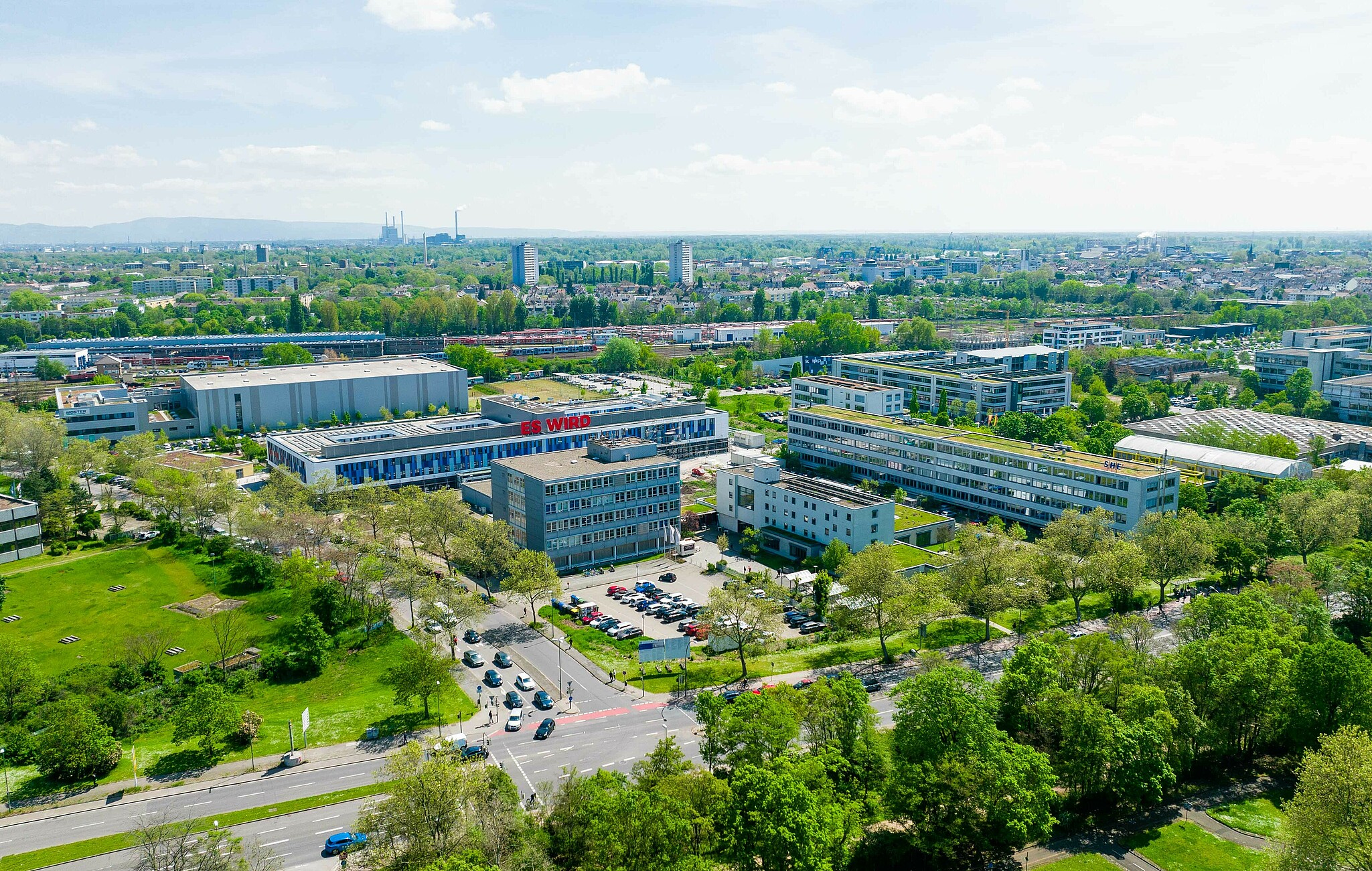The universities of applied sciences in Rhineland-Palatinate were founded 50 years ago. This was preceded by an agreement between the federal states to merge the engineering schools, higher business schools, art schools and other comparable higher technical colleges into a new type of university. With over 40,000 students, around 5,000 employees and 35.5 million euros in third-party funding in 2019, the universities of applied sciences (HAW), as the universities of applied sciences have been called in Rhineland-Palatinate since 2020, have successfully established themselves in Rhineland-Palatinate.
"1971 marked the birth of a new form of higher education in the German science system: the universities of applied sciences saw the light of day. I would like to congratulate our seven universities of applied sciences in the state on this special birthday," said Minister President Malu Dreyer. "The universities can rightly be proud of their successes and their development. Universities of applied sciences have become engines of regional development, of securing skilled workers and of applied research. It is therefore impossible to imagine the German scientific landscape and Rhineland-Palatinate without them."
With dual and part-time degree programs, intensive support for students with professional qualifications, the academization of the health professions and the promotion of women in science and in STEM degree programs, the universities of applied sciences have provided decisive impetus in the development of a modern university landscape in recent years. The universities are breaking new ground in the qualification and recruitment of university lecturers with tandem and special professorships, which have been made possible by the new Higher Education Act since last year. Universities and colleges are working together in a structured way via cooperative doctorates and the research colleges introduced in Rhineland-Palatinate, opening up attractive qualification paths for young academics.
"Our universities of applied sciences are a model for success in Rhineland-Palatinate's scientific landscape. With their decentralized location in the regions of our state, they assume the decisive function of linking education and research, the training of skilled workers and the transfer of knowledge to the local economy. In doing so, they are fulfilling their own aspiration to develop solutions for the social and economic challenges of the present and future," said Science Minister Prof. Dr. Konrad Wolf, who himself was President of Kaiserslautern University of Applied Sciences from 2009 to 2016. "Universities are drivers of innovation in our country."
In 1968, the Minister Presidents of the federal states decided to introduce the new type of university in the Federal Republic of Germany. With the state law on universities of applied sciences in Rhineland-Palatinate, a uniform university of applied sciences was founded in the state on August 1, 1971. It integrated the predecessor institutions into seven departments at ten locations. The aim was to provide higher education with a practical and application-oriented approach. The newly founded Rhineland-Palatinate University of Applied Sciences had almost 5,000 students in the winter semester of 1971/72. In 1996, the Rhineland-Palatinate University of Applied Sciences was restructured with the establishment of seven independent universities of applied sciences. In the following years, new locations were successfully established in Zweibrücken, Birkenfeld and Remagen.
"For 50 years now, the universities of applied sciences in Rhineland-Palatinate have been providing high-quality academic education with great practical relevance - for society and business alike. In doing so, they have fulfilled their task in an excellent manner. For me, this is also an absolute success story in Rhineland-Palatinate, which must be continued," emphasizes Prof. Dr. Kristian Bosselmann-Cyran, President of Koblenz University of Applied Sciences and Chairman of the State University Presidents' Conference. "If the University of Applied Sciences didn't exist today, it would have to be invented."
The President of Trier University of Applied Sciences, Prof. Dr. Dorit Schumann, looks back on the 50th anniversary celebrations of the first universities of applied sciences in Germany. The motto of the Germany-wide 50 Years of Universities of Applied Sciences (HAW) ceremony two years ago was "incredibly important". "The HAWs are incredibly important for Rhineland-Palatinate, as they have been successfully combining science with practice, regionality with internationality, study and education with research for 50 years," said Schumann. "We have big plans for the coming decades." As Vice President of the German Rectors' Conference, she sends her congratulations both from Rhineland-Palatinate and throughout Germany.
On behalf of the Ludwigshafen University of Business and Society, President Prof. Mudra highlights the impressive development of the universities of applied sciences over the last 10 years and points out the remarkable growth in student numbers in Ludwigshafen in connection with the so-called Higher Education Pact. "The classic university of applied sciences that we once were has been replaced by an application-oriented scientific and educational institution that, in addition to broad-based and interdisciplinary education, also very successfully provides research and transfer as a core competence," emphasizes Mudra and expresses his special thanks to all those who continue to make their contribution to this community leadership.
Due to the coronavirus pandemic, this year's anniversary celebrations will be kept to a minimum. Trier University of Applied Sciences and Ludwigshafen University of Business and Society are each planning their own celebrations in the summer - online, hybrid or live, depending on the situation. The university in Ludwigshafen will also offer one international and one interdisciplinary lecture series to mark the anniversary. A special edition of its university magazine "Spektrum" and an anniversary website are also being planned.
To the complete press release of the MWWK
Press contact:
Markus Nöhl
MINISTRY OF SCIENCE, EDUCATION AND CULTURE
Mittlere Bleiche 61
55116 Mainz
Phone +49 (6131) 16 - 4597
markus.noehl@ 8< SPAM protection, please remove >8 mwwk.rlp.de
www.mwwk.rlp.de




